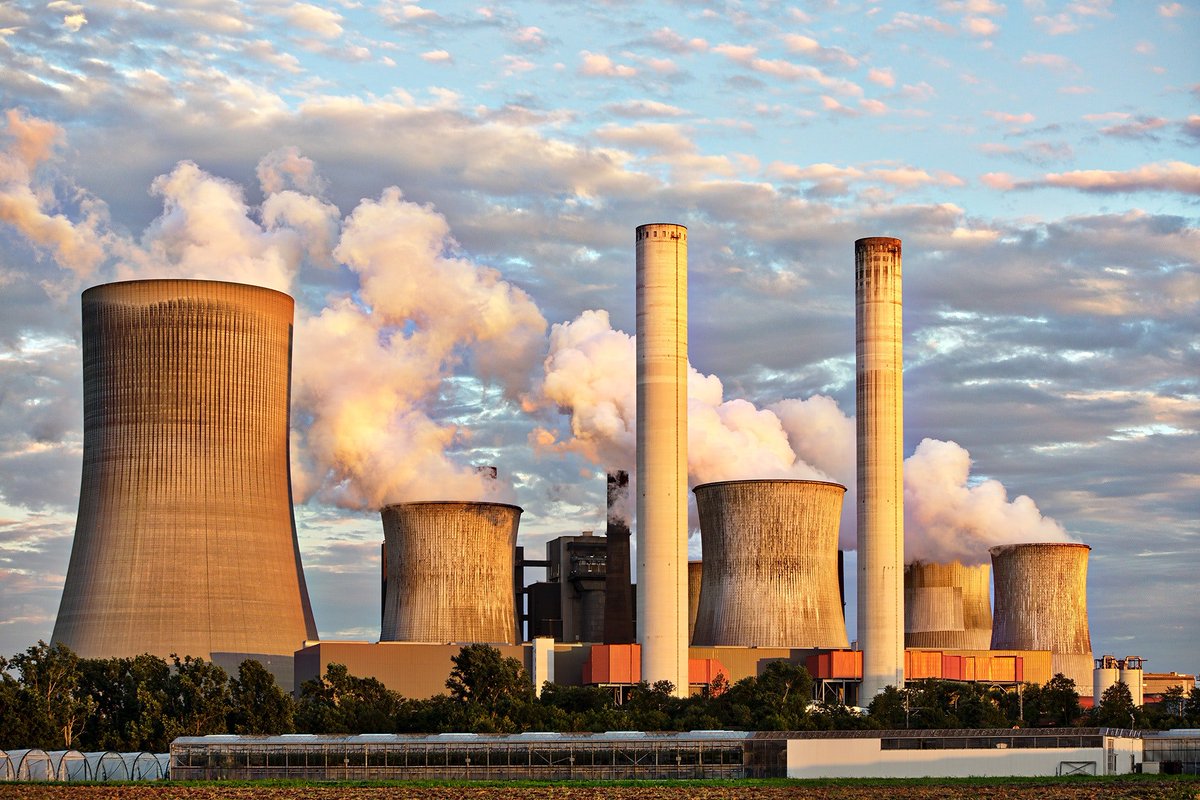And that strategy is one that every person who wants to act of climate needs to understand.
nytimes.com/2019/02/15/opi…
If it is, we need massive action, "and we don’t have a moment to lose in substantially decarbonizing the global economy, no matter what the financial cost or political pain."
2/
"think of climate change roughly the same way we think about global poverty—a serious problem we can work patiently to solve without resort to extreme measures..."
3/
Here we come to the purpose of this piece.
6/
The first part of that is to raise the threat of dire hardships if we act on climate: Rationing! Socialist gulags! Lawn taxes!
7/
As a corrupt politician was quoted by the great journalist Lincoln Steffens
"We know that creating public despair is possible and that it is good politics.”
8/
9/
10/
"Whatever else might be said of it, the Green New Deal [is] a remarkably honest attempt to offer a massive answer to what its authors see as an epochal problem"
11/
In this stance, climate inaction is the fault of all of us, of human failings. We're just not up for tackling a challenge this big...
12/
13/
14/
Predatory delay strategies are not just a *part* of climate politics these days—they're the fundamental conflict of climate politics.
15/
In America, comprehensive climate policy will come as a follow-on effect of winning that political fight, not as the means to winning it. This is especially true at the Federal level
16/
That's why these two strategic messages—victory is winning huge comprehensive policy gains & the fight is against human nature—are repeated so often.
17/
They might act.
And the whole point of predatory delay is avoiding that, as long as possible.
18/
Stay tuned!
19/
In the meantime, here are some related threads that might interest you:
20/
(Hint: it relates directly to the thread above...)
22/
23/
25/
26/
The strategy called for here is passing a Federal carbon tax—which has the twin advantages of being both incremental+ currently impossible.
The means? A bipartisan coalition that doesn't exist, and never will.


